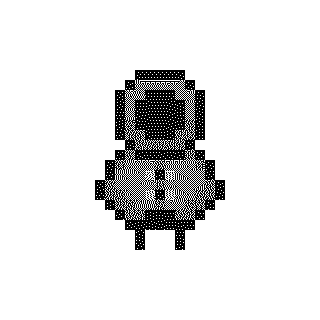The environment I’m creating is a train station inspired by London Liverpool Street, a place that has always been my personal gateway into London as well as having stronger connections with family too – My paternal grandfather, a native east Londoner, moved away from London to north Essex yet would commute Liverpool Street – His side of the family worked as railway firemen/ boiler men. These feelings of connection, yet estrangment to the place are something I want to encapsulate in the environment: a sense of alienation.

Liverpool Street is interesting to me as I often try to get train tickets of peak – when its busy its a constant game of interpreting movement, busy people with places to go – trains to catch.
A few years back I came down for a friends gig and had to wait for the first train of the day to turn up, it was very quiet – empty – open – there was everywhere to walk and yet nowhere at the same time.
I collected many photographs from online archives of liverpool street station in the past (and some of other stations)














I want a primary focus of the environment to be the hanging clocks seen in the photographs – handing above your head, at times not visible but always looking down on you, an incessant echoing ticking, places to be, when will it end?
I made a 3d model in blender based on the clock from the station in 1921, this clock was eventually taken down
I like the idea of creating a space that has elements of the past and the current day – It might be intersting to create a fake LED screen like in the modern day station, listing arriving trains at their platforms – I could use this to display written text such as excerpts from the man of the crowd.

limbless – mouthless
In the previous game I created, the max plugin acted like a looper pedal that looped sounds as though the player was holding a microphone – all the sounds themselves were recorded in ableton and then looped at the locations where I decided to put them as an arranged composition.
This time I would like to experiment with procedural audio, and the coincidentally one of the sections of Andy Farnell’s book on procedual audio Designing Sound is specifically on the modelling of a clocks tick.
